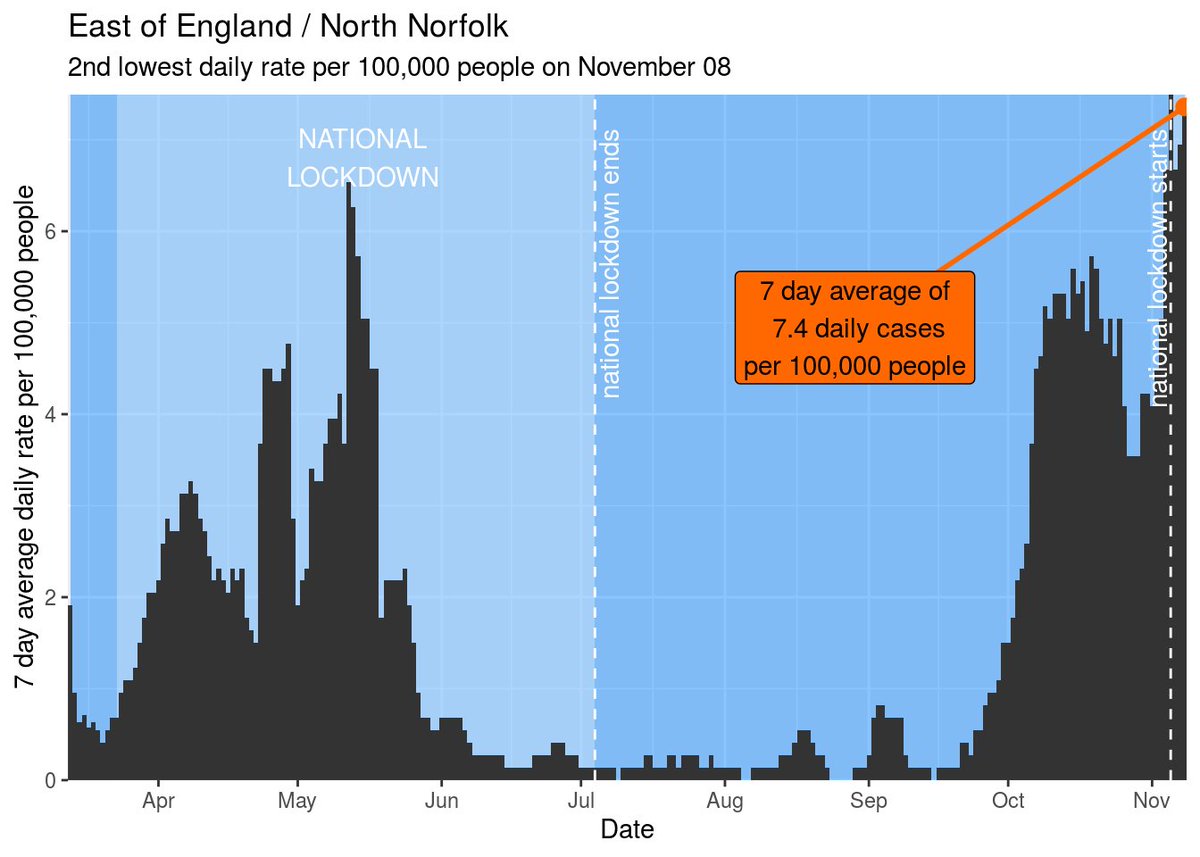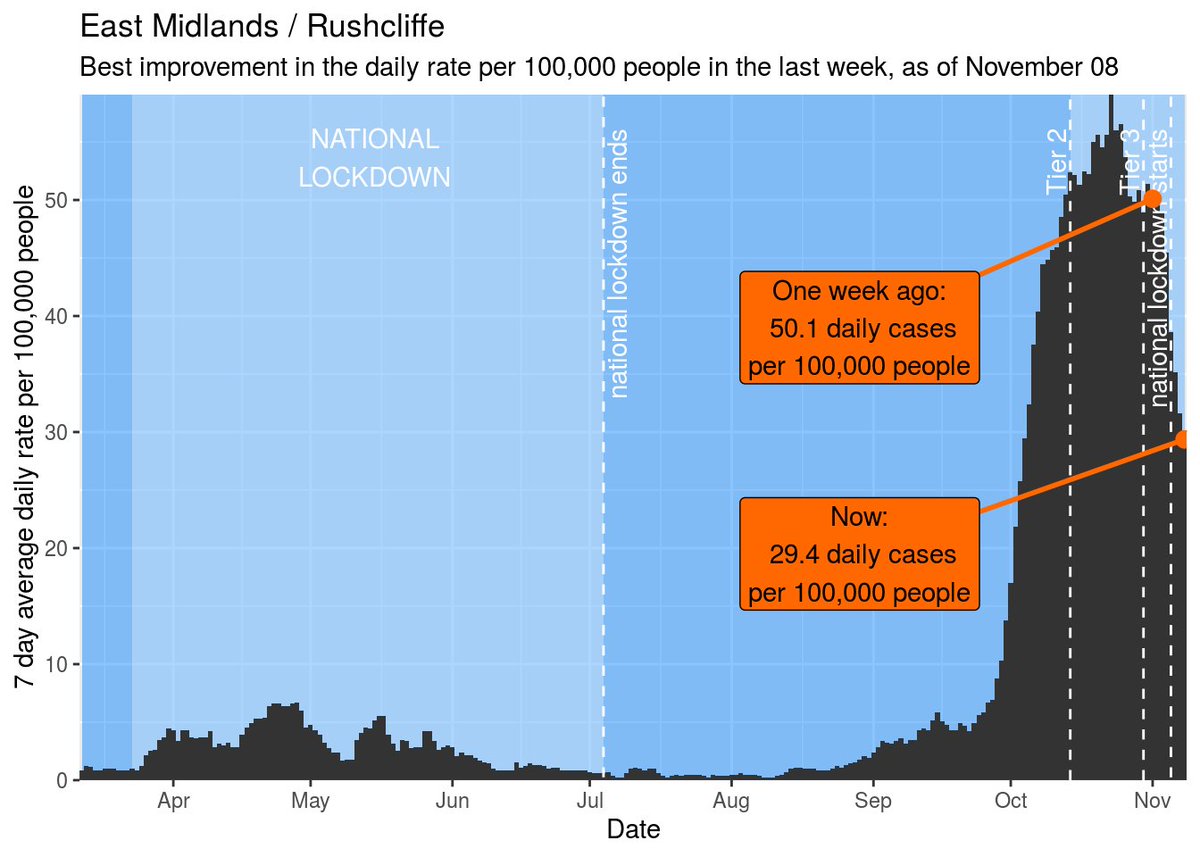
Last night my #autistic 15yo explained to me how they understand their #neurodivergent brain to work, in particular as relates to their ability to focus.
🧵
🧵
Imagine a bar, like a health bar in a game, that represents their total attention capacity. There are four things that can fill this bar: thoughts, sights, sounds and movement (eg fidgeting, hand flapping, chair spinning).
The extent to which thoughts on a given subject, like the one they're supposed to be learning in class, fill the bar is determined by their novelty, interest and challenge.
Things like maths are always interesting, but easy or repetitive maths (like GCSE maths revision) is not novel or challenging, so takes up less space than, say learning new A level maths techniques. Other subjects are simply less interesting to them, so always take up less space.
When there's space in the bar, they can fill that space with positive sounds (eg music), novel sights or movement. Spinning on a chair and watching the room move around them ticks two boxes.
If they don't fill the bar with this positive stimulation, though, then other thoughts can also fill it. These might be interesting but off topic thoughts, or they might be dark thoughts. Either way, they distract from what they *should* be concentrating on.
So positive stimulation helps them concentrate by taking up head space that would get filled with distracting thoughts. There can be bad sounds too: people noise or machine noise draws attention away from their target focus and sometimes fills the bar to overflowing.
In class, over time, as novelty fades, the size that the subject they're studying can take up in the bar gets smaller and smaller. They find it harder and harder to focus as distracting and dark thoughts fill more and more space in their head.
Classes where teachers create novelty by having short periods with different kinds of activity enable the bar to refill, and this helps them retain focus. Long lectures are impossible to concentrate on, and actively distressing when dark thoughts encroach.
During lockdown, home schooling allowed them to switch subjects (in asynchronous study), fidget, listen to music, spin on their chair, look at other things while they listened. This helped their ability to focus. In school now, this positive stimulation is impossible.
I have no idea if this matches the experience of other autistic people, but thought I'd share to give an insight into why those fidget toys and headphones and stimming are so important and helpful, and enable focus, at least for my child.
@threadreaderapp unroll
• • •
Missing some Tweet in this thread? You can try to
force a refresh
















